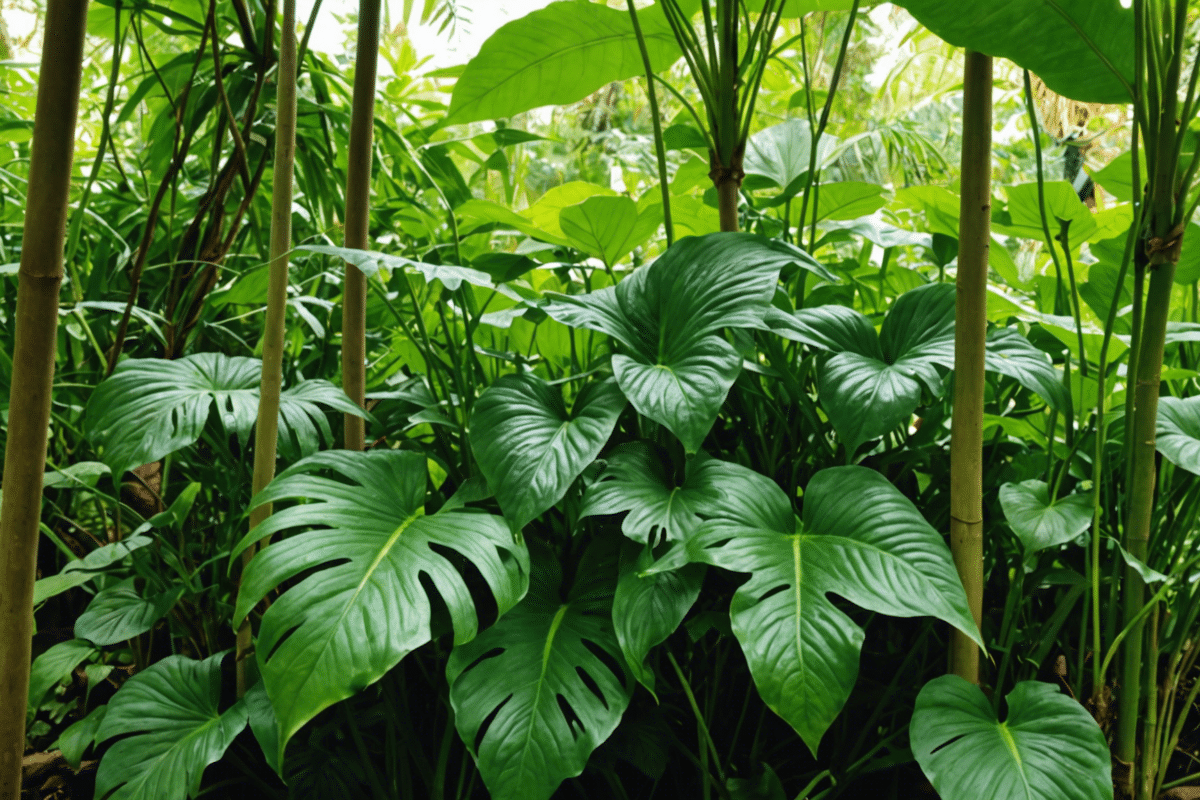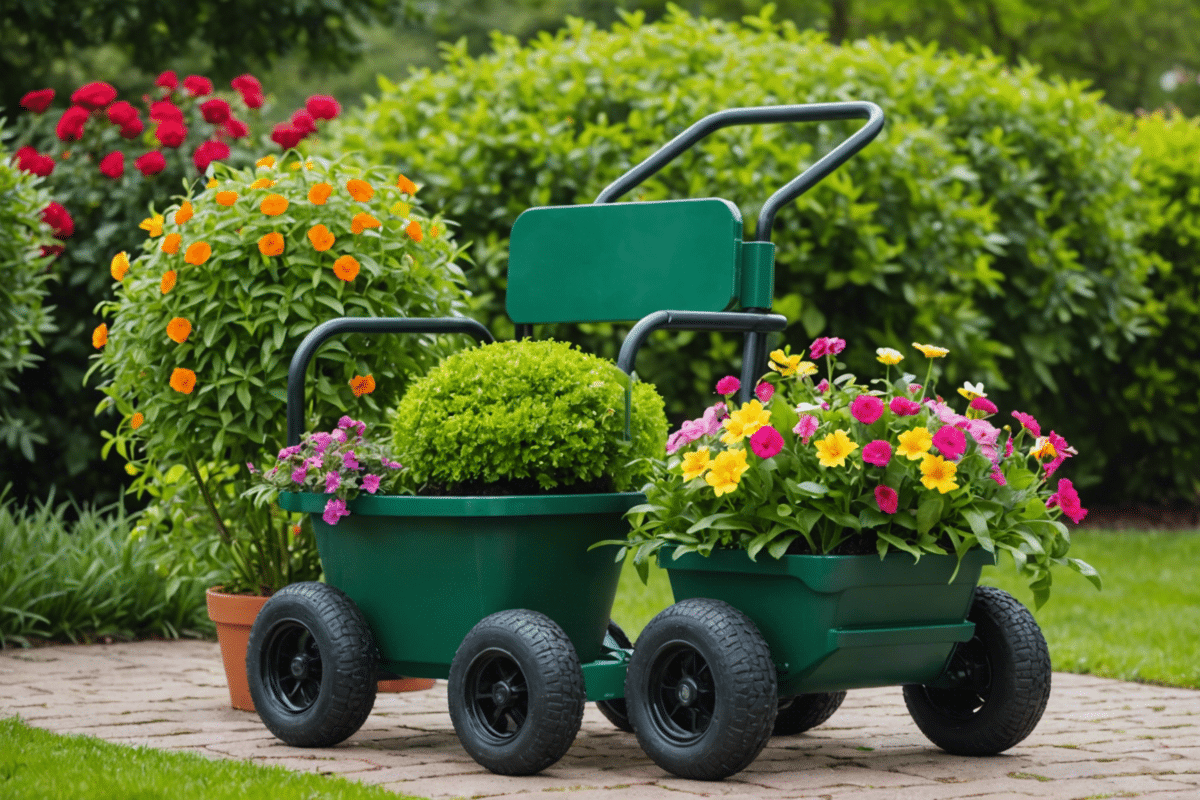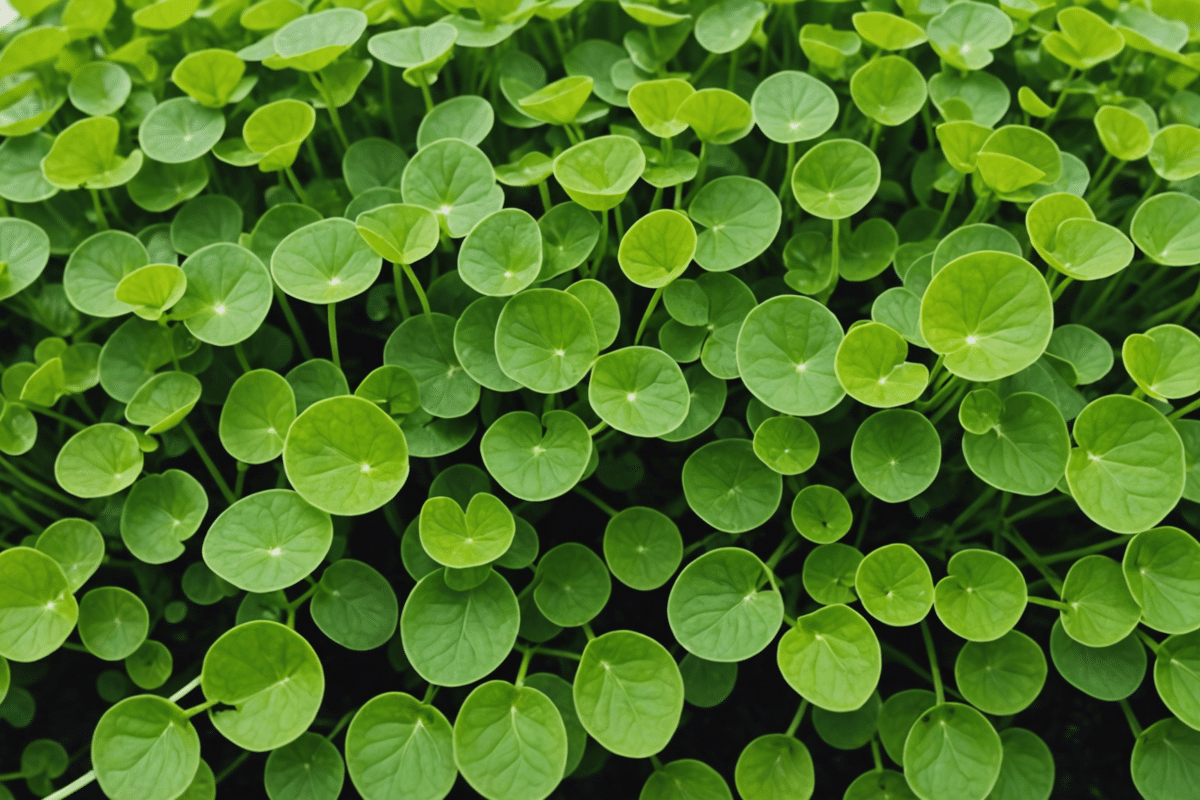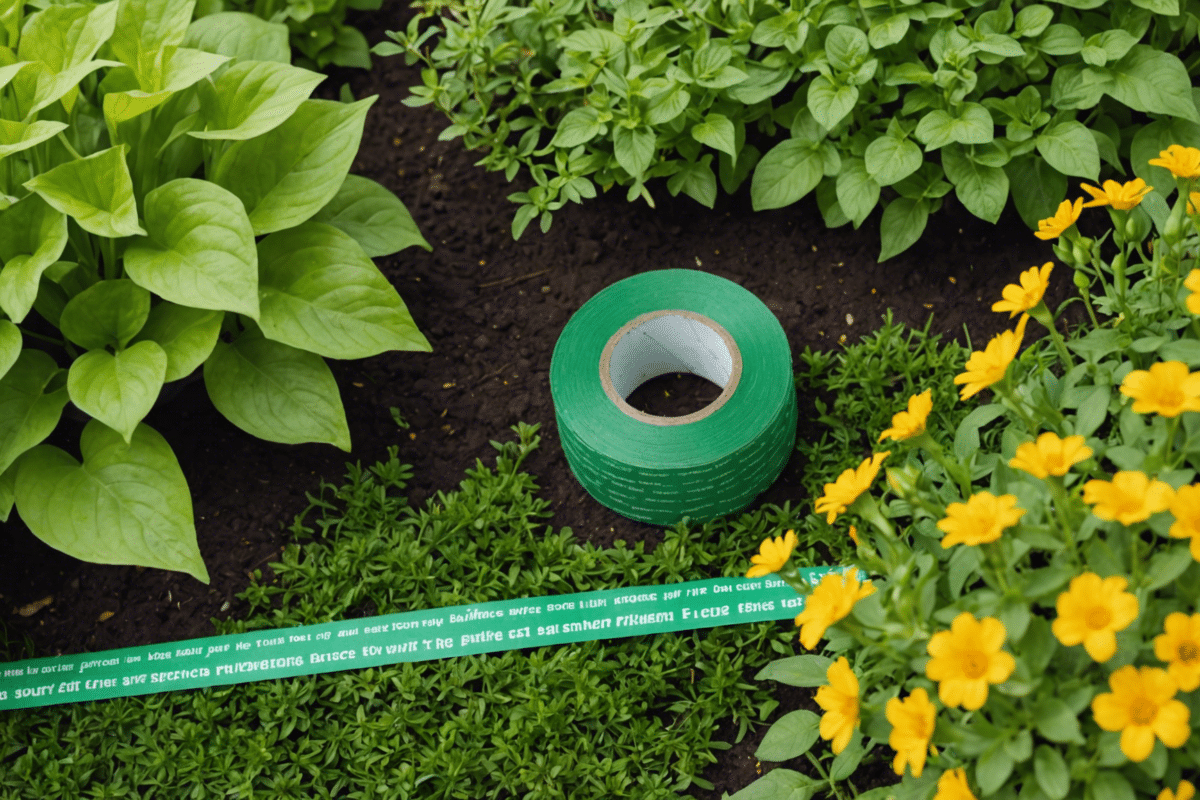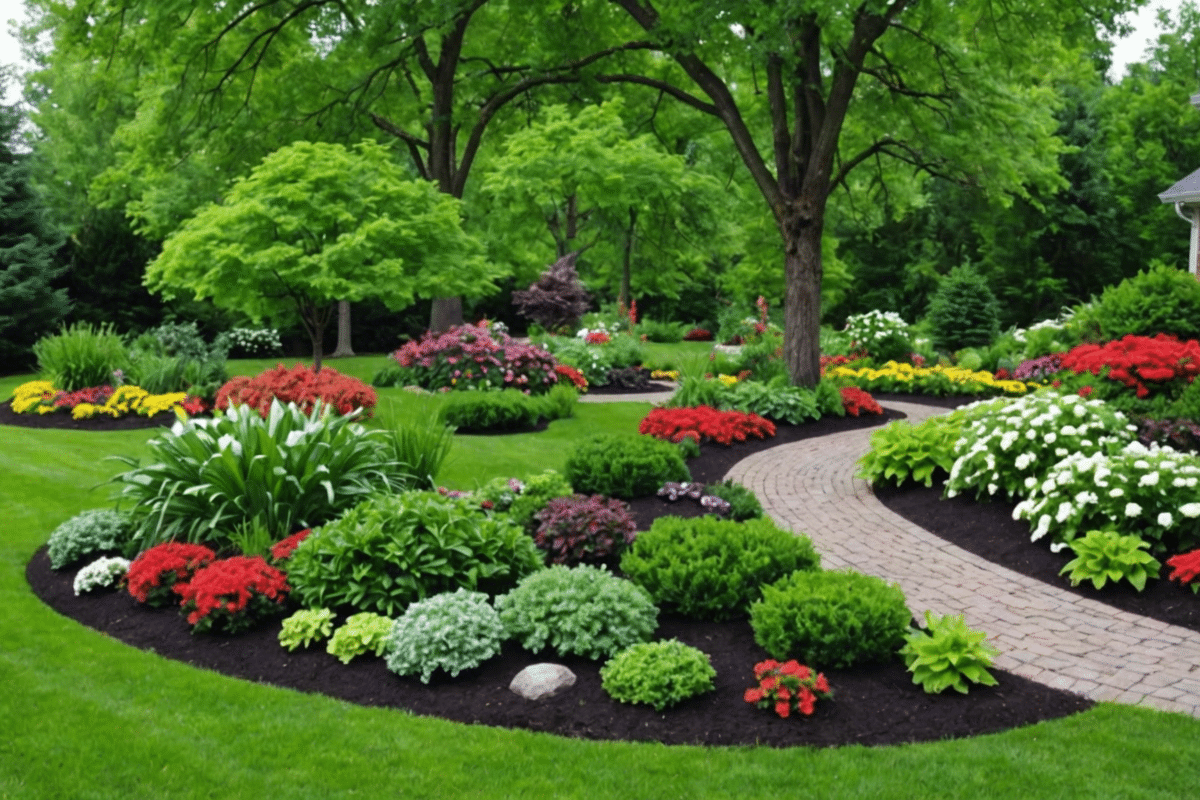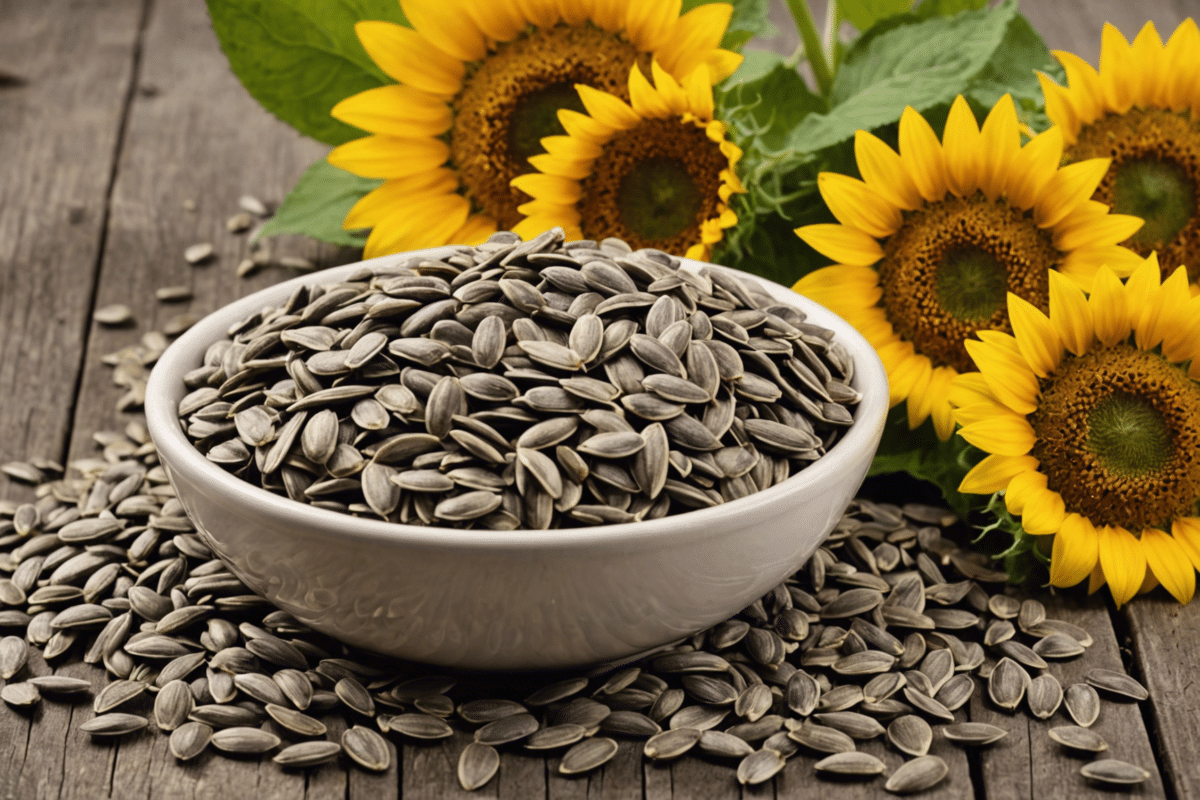Content
Organic gardening is a deeply rewarding endeavor that not only brings joy to the gardener but also contributes to a healthier environment. It encompasses a holistic approach to cultivating plants, focusing on nurturing the soil, managing pests naturally, and promoting biodiversity. In this article, we’ll explore top-notch organic gardening ideas that can significantly enhance your crop yields while fostering sustainability.
Understanding Organic Gardening

Organic gardening goes beyond simply avoiding synthetic pesticides and fertilizers. It’s a method of growing plants that prioritizes soil health, biodiversity, and ecological balance. By harnessing the power of natural processes and materials, organic gardeners create vibrant, resilient ecosystems that support healthy plant growth and abundant harvests. The Food and Agriculture Organization provides comprehensive insights into the principles and practices of organic farming.
The Role of Soil Health in Crop Yields
Healthy soil is the foundation of a successful organic garden. It provides essential nutrients, supports root development, and regulates moisture levels. By prioritizing soil health through practices like composting, cover cropping, and minimal tillage, organic gardeners can create fertile, nutrient-rich soil that fosters robust plant growth and high crop yields. The Columbia Climate School offers valuable insights into sustainable soil management practices.
Effective Water Management
Water is a precious resource in gardening, and efficient water management is essential for maximizing crop yields while minimizing water usage. Techniques such as drip irrigation, rainwater harvesting, and mulching help conserve water and maintain optimal soil moisture levels, ensuring that plants receive the hydration they need for healthy growth and development.
Choosing the Right Seeds
Seed selection plays a crucial role in organic gardening success. Opt for organic seeds that are well-adapted to your local climate and growing conditions. These seeds are free from synthetic chemicals and genetically modified organisms, making them better suited for organic farming practices. The Columbia Climate School emphasizes the importance of selecting high-quality seeds for organic gardening.
Implementing Pest Management Strategies
Pests can pose a significant challenge to organic gardeners, but effective pest management strategies can help mitigate their impact. Organic gardening relies on natural methods such as biological control, companion planting, and the use of organic pesticides to manage pests while minimizing harm to beneficial insects and wildlife. These strategies promote ecological balance and support healthy plant growth, leading to higher crop yields.
Embracing Technological Innovations
Advancements in technology have transformed the landscape of organic gardening, providing gardeners with valuable tools and resources to optimize their practices. From soil sensors and smart irrigation systems to gardening apps and online resources, technology offers innovative solutions for monitoring, managing, and improving organic gardens. Stay updated on the latest trends and developments in agricultural technology with resources like the Tractor Junction blog.
Here are some top-notch organic gardening ideas to boost your crop yields:
- Enrich your soil with compost to improve fertility.
- Practice crop rotation to prevent soil depletion and pest buildup.
- Install a drip irrigation system for precise water delivery.
- Select organic seeds suited to your local climate and growing conditions.
- Implement natural pest management strategies to control pests organically.
- Explore technological innovations to monitor and manage your garden more effectively.
Frequently Asked Questions
Q: Can organic gardening really increase crop yields?
A: Yes, organic gardening practices, when implemented effectively, can lead to higher crop yields compared to conventional methods. By prioritizing soil health, water management, seed selection, and pest management, organic gardeners create optimal growing conditions that promote healthy plant growth and abundant harvests.
Q: What is the role of technology in organic gardening?
A: Technology plays a crucial role in modern organic gardening, offering gardeners valuable tools and resources to optimize their practices. From soil sensors and smart irrigation systems to gardening apps and online resources, technology provides innovative solutions for monitoring, managing, and improving organic gardens.
Q: Are organic seeds necessary for organic gardening?
A: While you can technically use non-organic seeds in organic gardening, organic seeds are preferred as they are free from synthetic chemicals and genetically modified organisms. Organic seeds are better suited for organic farming practices and are more likely to thrive in organic garden environments.







